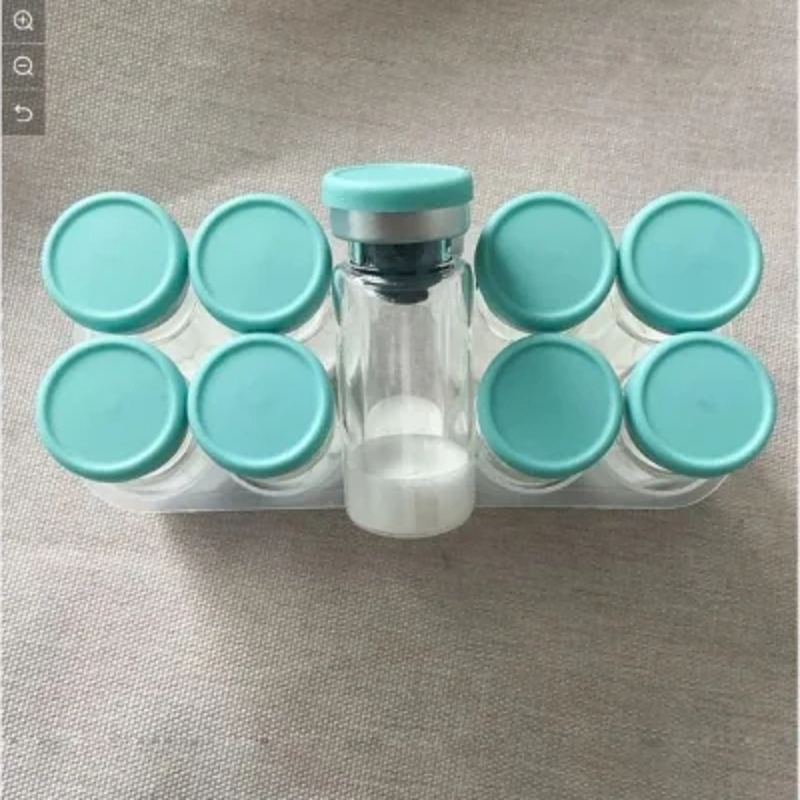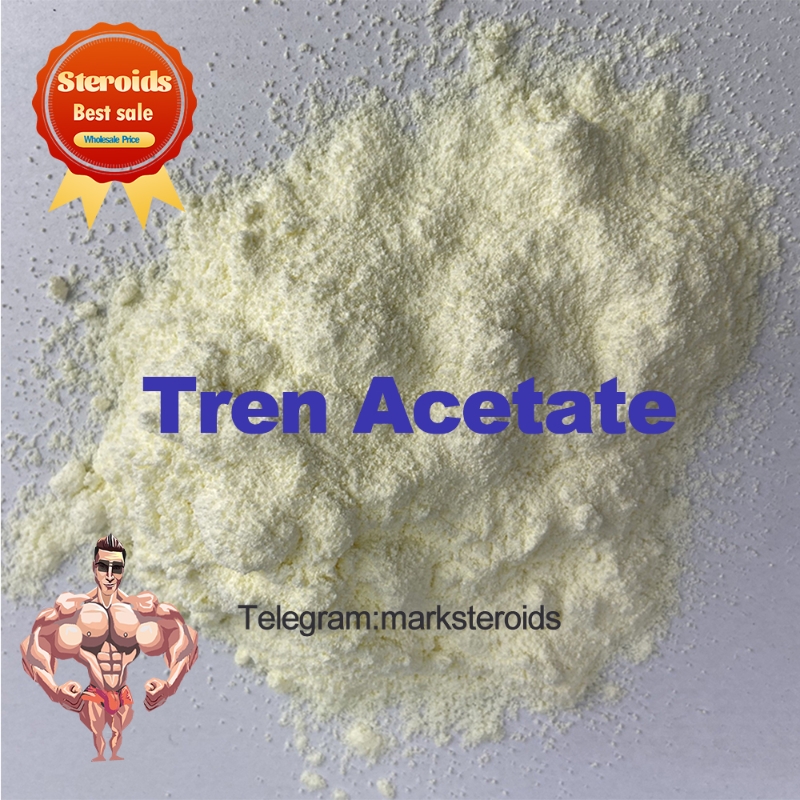-
Categories
-
Pharmaceutical Intermediates
-
Active Pharmaceutical Ingredients
-
Food Additives
- Industrial Coatings
- Agrochemicals
- Dyes and Pigments
- Surfactant
- Flavors and Fragrances
- Chemical Reagents
- Catalyst and Auxiliary
- Natural Products
- Inorganic Chemistry
-
Organic Chemistry
-
Biochemical Engineering
- Analytical Chemistry
-
Cosmetic Ingredient
- Water Treatment Chemical
-
Pharmaceutical Intermediates
Promotion
ECHEMI Mall
Wholesale
Weekly Price
Exhibition
News
-
Trade Service
Biotinoyl Tripeptide-1: A Revolutionary Ingredient in the Chemical Industry
The beauty industry is constantly evolving, and customers are becoming more conscious of the ingredients used in their products.
As a result, the demand for natural and organic products has grown exponentially, leading the chemical industry to explore new, innovative ingredients that cater to this trend.
Biotinoyl Tripeptide-1 is one such ingredient that has taken the beauty world by storm, and is rapidly gaining popularity in the chemical industry as well.
What is Biotinoyl Tripeptide-1?
Biotinoyl Tripeptide-1 is a synthetic ingredient that is derived from natural amino acids and is commonly used in skin care and personal care products.
It is a small, water-soluble peptide that consists of three amino acids: L-arginine, L-lysine, and L-alanine.
This peptide is bioactive, meaning that it has the ability to interact with the skin's natural defenses and stimulate collagen production.
How does Biotinoyl Tripeptide-1 work?
Biotinoyl Tripeptide-1 works by mimicking the actions of the body's natural messengers, called neurotransmitters, which are responsible for cellular communication.
These neurotransmitters are involved in a variety of functions, including the regulation of collagen synthesis.
When Biotinoyl Tripeptide-1 is applied to the skin, it triggers the synthesis of collagen and elastin, resulting in smoother, firmer, and more resilient skin.
Additionally, Biotinoyl Tripeptide-1 has been shown to increase the skin's natural moisture content, reduce the appearance of fine lines and wrinkles, and improve overall skin health and appearance.
Benefits of using Biotinoyl Tripeptide-1
Biotinoyl Tripeptide-1 is a highly effective ingredient that offers numerous benefits for both the consumer and the chemical industry.
Some of the primary benefits of using Biotinoyl Tripeptide-1 in chemical industry include:
- Enhances Skin Health: Biotinoyl Tripeptide-1 has been scientifically proven to improve skin health and appearance, making it an ideal ingredient for anti-aging products, moisturizers, and other skin care products.
- Reduces the appearance of Fine Lines and Wrinkles: Biotinoyl Tripeptide-1 stimulates collagen production, which helps to reduce the appearance of fine lines and wrinkles, giving the skin a more youthful and radiant appearance.
- Increases Moisture Content: Biotinoyl Tripeptide-1 improves the skin's natural moisture content, which helps to hydrate the skin and keep itlooking healthy and vibrant.
- Enhances the Effectiveness of Other Ingredients: Biotinoyl Tripeptide-1 has been shown to enhance the effectiveness of other ingredients in skin care products, making them more potent and effective.
How to use Biotinoyl Tripeptide-1 in Formulations
Biotinoyl Tripeptide-1 is a versatile ingredient that can be used in a variety of formulations, including creams, gels, serums, and other topical products.
However, it is important to note that the efficacy of Biotinoyl Tripeptide-1 can be affected by factors such as pH, temperature, and storage conditions.
Therefore, it is crucial to formulate Biotinoyl Tripeptide-1 correctly in order to ensure its effectiveness in the final product.
When formulating with Biotinoyl Tripeptide-1, it is recommended to use a pH range of 4.
5 to 6.
5, as this is the range







